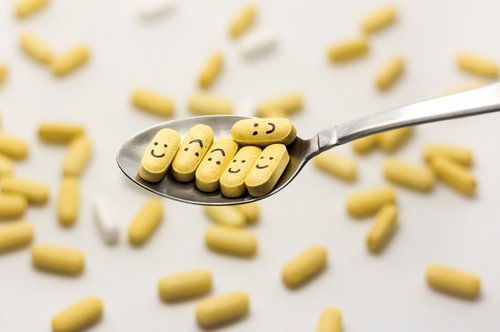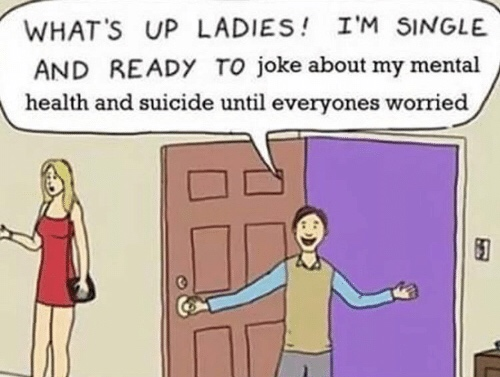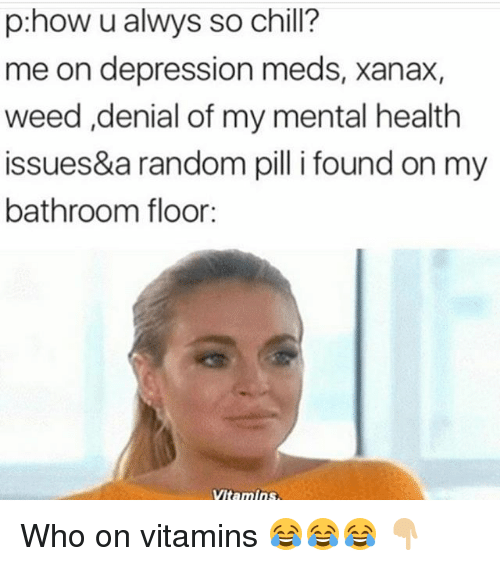Depression, Mental Health and The Novel, Lost Connections by Johann Hari
- Lacey Avery

- Jun 3, 2019
- 3 min read
Updated: Oct 17, 2022
Let’s face it, everyone is MENTAL!
Allow me to begin by asking an open ended and general question, “What does mental health mean to you?”
When I asked this question around, the answers I got back were, depression, bi-polar disorder, schizophrenia, etc. It seemed that people associated mental health with mental illness. A lot of people will only regard mental health when implying a mental illness. However, mental health is indeed a topic for everyone. Because just like our physical health needs to be cared for, our mental health needs to be too.

Our book pick of the month, Lost Connections by Johann Hari, is one everyone should read, but especially Americans. I say this because our culture (as an American) strongly encourages individualism, more so than other cultures around the globe. Personal growth and success are indeed important goals each person should set for themselves. And when all people in a culture think and operate this way, with it we have gained a lot, but I also believe that we have lost something else.
Slap happy or just pill happy?

In this novel, Johann talks a great deal about anti-depressant and anti-anxiety medication. He tells his unique personal story about his long-term war with depression as well as his experiences researching and studying it. One of his core points is that in western societies, mental illness is viewed and treated as a physiological problem in our brains that can be fixed with medication, without acutely considering what a person is going through in their lives. Personal stories are not properly examined. Symptoms —> diagnosis —> medication.
Johann broke open this can of worms to reveal it’s ugly truth. He exposed just how flimsy the paper foundation of this multi-billion dollar industry is, that is painted to look like steel beams. I have known that the pharmaceutical industry had a great deals of flaws but I did not realize the extent of bullshit (frankly) that is sold to us, until he presented it here, and more importantly backed it up.
Did someone forget to take their meds this morning?
Our current culture is making strides to prioritize mental health, however it is still the butt end of a lot of jokes.

Is this kind of humor helping or hurting? Comic relief certainly can be a healthy coping mechanism, but are jokes like this spectacles of insensitivity? Are they another way of patting hurt individuals on the back and telling them, “chin up” “try to be more positive,” and then walking away because we don’t know what else to say or do? Thoughts? Experiences? Opinions?
At what point do we begin to question our culture and approach to the topic? When, or a better question, HOW do we work to improve the mental health of our society? Instead of cracking a joke or slapping a band-aid on it—shoving a pill down someone’s throat to check the box, resolved.

I believe that our current American culture wants to improve but we don’t know how to. The best way we can start to get there is by not being afraid to talk about it.
Everyone has a mountain to climb. Everyone has a wilderness inside.
I was motivated to read and write about this novel because of a dear friend of mine, a fantastic human being who is currently riding her bicycle across the USA, Miss Maggie Kates. Yes, a bicycle.. 4000+ miles in approximately 49 days.. All by her self! This courageous act of bravery is to raise funds and awareness for mental health and suicide prevention. She’s doing her best to shine a little light on this field that so badly needs more attention.
Her remarkable story across the United States can be followed! She posts daily videos, as well as a podcast. Check her out at www.sift-ride.com, Facebook, and Instagram.
She is currently 22 days in and is rolling through Iowa.
Did somebody say Pie!?
This novel had many takeaways, but one that I particularly enjoyed was in the chapter, Disconnection From Meaningful Values. It inspired me to make a pie chart. Something I can look at everyday, to monitor and ask myself, Are my values where I want them to be? Aspire to be? Aligned with my Best Self?
For those who have read the novel, what parts did you find notably inspirational or relatable?
Please LIKE and COMMENT your thoughts or additions! I want to hear!
SUBSCRIBE below if you also encourage Reading, Thinking, and then Applying. #ReadersUnite !



Comments